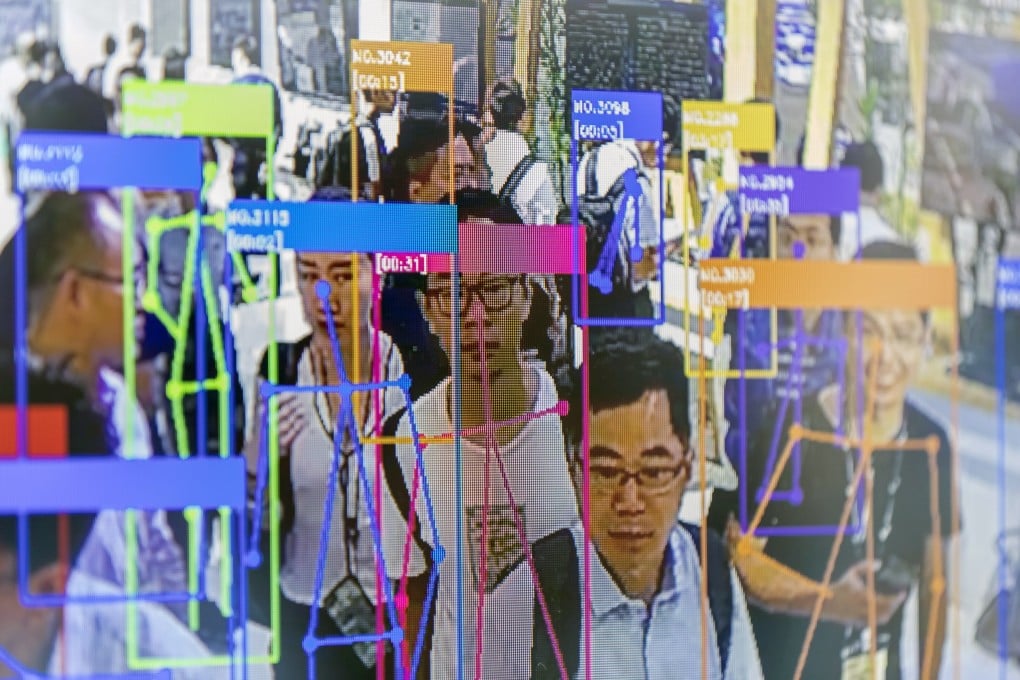Facial recognition data leaks are rampant in China as Covid-19 pushes wider use of the technology
- Residential neighbourhoods across China are adopting facial recognition, but people have few means of fighting back
- Incorrectly configured databases remains a widespread security problem in China owing to overworked and undereducated tech workers

When Lao Dongyan’s residential neighbourhood in Beijing decided to install facial recognition, she made an uncommon choice: She decided to fight it.
Lao had concerns about the data security for such systems, so she raised her objections in a group chat with other residents. As a law professor at Beijing’s prestigious Tsinghua University, Lao had knowledge and resources that most people do not have. Lao sent out legal letters to the property management and neighbourhood committee.
“When property management companies, schools and other organisations collect such information, you do not know how much they collected, how they store it or how they use it,” Lao said during a seminar held on September 23 at the China University of Political Science and Law, where participants discussed the misuse of facial recognition.
Lao said that the neighbourhood eventually decided to allow residents to continue to use their access cards to enter the community, but the facial recognition system was still installed. Not everyone in China gets that option, though, as facial recognition systems become more common in similar neighbourhoods around the country. And not all those neighbourhoods have a legal professional like Lao to advocate against the technology.
As the use of facial recognition has exploded across China in recent years, the country has been hit with numerous data leaks related to the technology. But people without any legal expertise might not know how to fight back, especially when the installation of such systems are being pushed by local police.
Facial recognition started becoming a more common way of controlling access to local communities last year, and law enforcement might be aiding the technology’s spread. Lao said the head of her neighbourhood committee told her that the local police demanded the installation of the system. And Chinese media reported that police in Shanghai have advocated for the same thing.